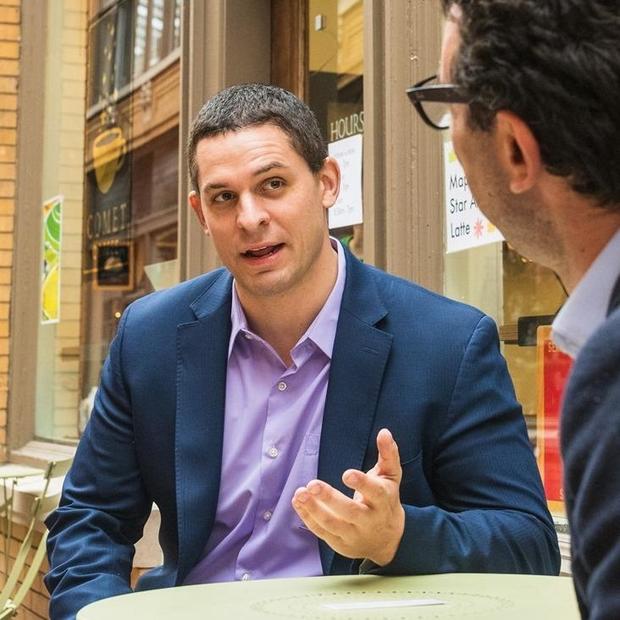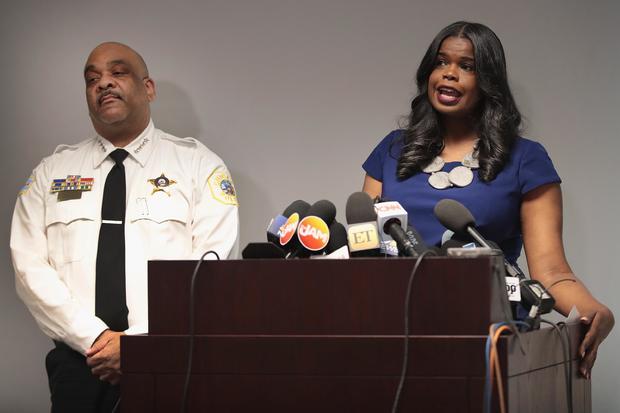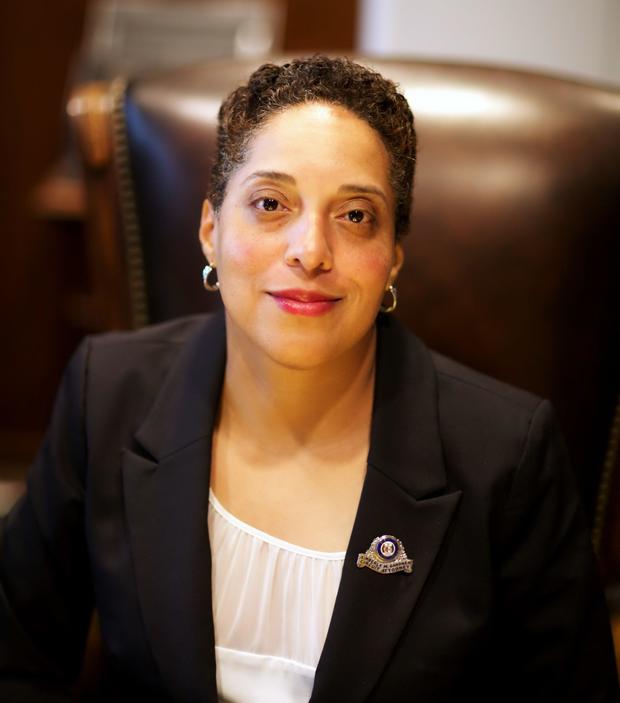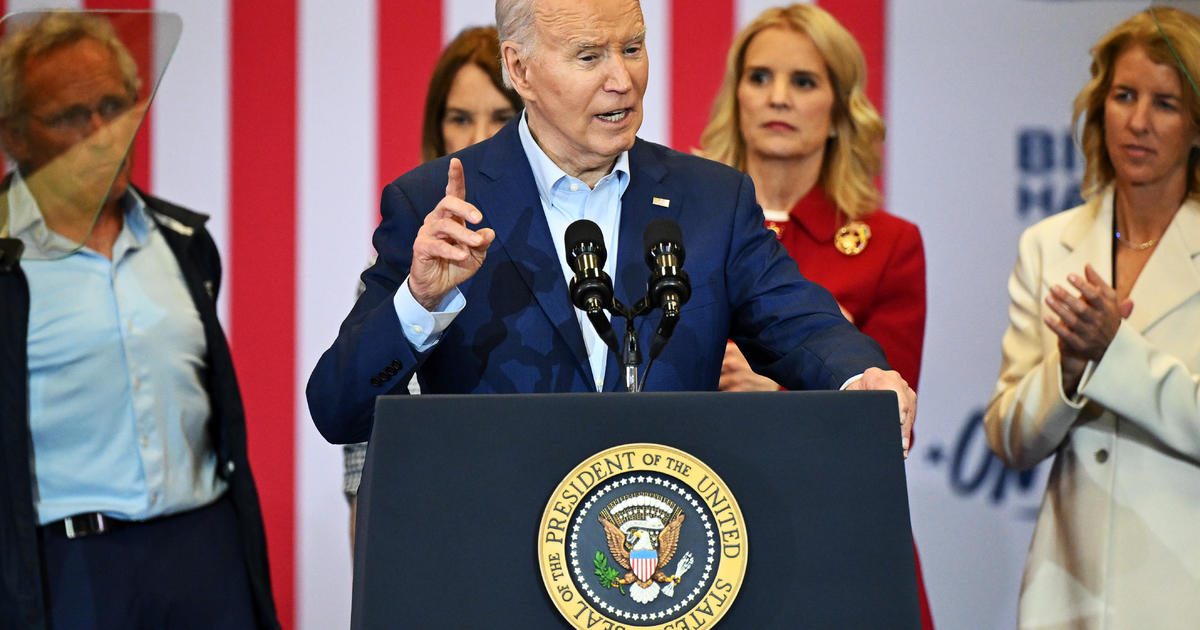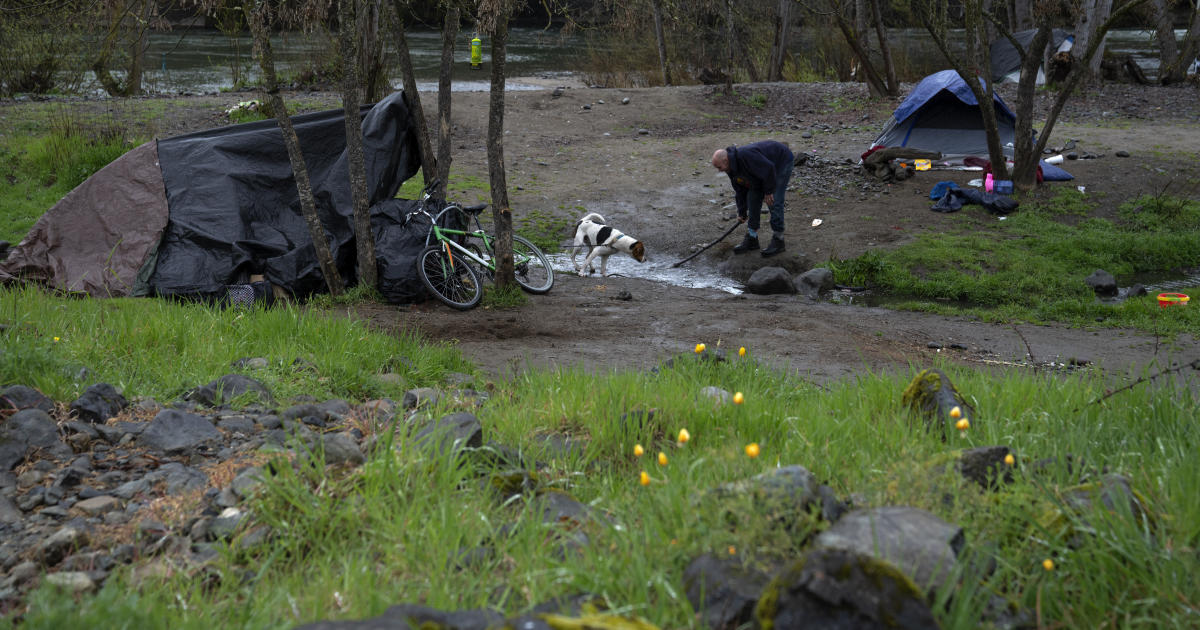Progressive candidates for prosecutor tackle "defunding the police"
What it means to "defund the police" is being explored nationwide by some of the candidates running for district attorney and county prosecutor, the law enforcement officials who have the power to directly hold police accountable. Progressive candidates are pushing toward some of the slogan's goals, if not explicitly supporting it.
After the deaths of George Floyd, Breonna Taylor, Ahmaud Arbery and Rayshard Brooks, a drumbeat of protesters has been demanding to "defund the police." In Minneapolis, the city council voted to disband the police force and replace it with a community-led system. But in general, the term does not mean that police should be given zero funding or that police departments should be abolished, but rather that some portion of their funding should be diverted to community programs.
CBS News spoke to several candidates, as well as former 2020 Democratic presidential candidate Julián Castro, who is supporting district attorneys backing policing reform as part of their agenda.
A number of progressive candidates told CBS News they interpret the phrase to mean reallocating some police funds for health care and education. And many would also like to see police forces demilitarized, fewer non-violent crimes prosecuted and an end to the cash bail system.
Eli Savit, who is running for Washtenaw County prosecutor in Michigan, said the core of his campaign's message is that the "punishment-first mentality" in the criminal justice system must end. As he sees it, the prosecutor "sets up the playing field" for the criminal justice system, so "it's important that we have people that don't just come from that standard tough-on-crime mentality that we've seen fuel our inequitable system of mass incarceration in this country for so long in charge of prosecutors' offices."
Several progressive candidates are insisting that police officers and departments be held more accountable. To that end, some are proposing improving law enforcement data tracking — including a database that documents whether a police officer has used excessive force. Other ideas included banning chokeholds and eliminating qualified immunity.
As a circuit attorney running for re-election in St. Louis, Kimberly Gardner points to her "exclusion list" as one way to hold police accountable. The list prevents any officers who are under investigation or who aren't "credible" from being able to bring any cases to her office.
"They have the ability to take someone's liberty or life, and they must be credible when they testify," she told CBS News.
In February, U.S. Attorney General Bill Barr derided progressive district attorneys as "self-styled social justice reformers" who "are refusing to enforce entire categories of law, including law against resisting police officers."
Barr takes issue with their goal of prosecuting fewer low-level crimes, saying, "We have to have accurate criminal histories if we are going to be able to protect the community. Even if we are going to treat early, and petty offenses leniently, we still need them charged and recorded, so we know who we are dealing with as time goes by."
In Chicago, state's attorney Kimberly Foxx oversees the second largest prosecutor's office in the country and has jurisdiction over the city's police department, which has a $1.8 billion budget. While she favors diverting some part to community programs, she called it a common "trick" for people to take the "defund the police" movement and say "you have to choose policing or investment."
"You have to make sure communities are safe. But that requires a deeper investment in trauma services for these communities that are impacted by violence. It's not either-or," she told CBS News.
It remains to be seen whether progressives are making an argument that will resonate at the polls in November. Last year, progressives coalesced behind Queens district attorney candidate Tiffany Cabán, who ran on a platform of criminal justice reform but eventually lost to borough president Melinda Katz.
In early June, Senator Bernie Sanders and Castro each endorsed progressive candidates focused on criminal justice and police reform. Castro's endorsements, through his "People First Future," PAC, include George Gascón, candidate for Los Angeles county district attorney, José Garza, candidate for Travis County (Austin), Texas, district attorney and Foxx.
Castro told CBS News he wants to see district attorneys who "don't incarcerate for minor crimes" and who have "the courage to pursue charges against police officers who use excessive force."
Some activists and organizers remain skeptical of the idea of "progressive prosecutors," and dismiss them as part of a broken system that still needs an overhaul.
"Prosecutors can decide not to charge people, but they're still the ones enforcing laws that are extremely biased, and they're still the ones that are taking cases to court that are the result of really problematic policing tactics," said Alexa Van Brunt, the Director of the MacArthur Justice Center Clinic and Northwestern Pritzker School of Law.
"Until you're talking about drastically re-organizing the institution and starting to make the incarceration systems obsolete, I believe even a progressive prosecutor is perpetuating harm," says Damon Williams, co-founder and co-director of the #LetUsBreathe Collective, a Chicago-based alliance calling for the abolition of police and prisons.
Gardner said police unions are often "one of the biggest impediments to the reform conversation." She has clashed with the city's largest police union and sued it over a "racist conspiracy" to block her agenda.
In Chicago, Foxx has faced her own battles with police unions. Suburban police officers gave her a vote of "no confidence" and during her handling of the high-profile Jussie Smollett case, Chicago's Fraternal Order of Police (FOP) called for her resignation after she dropped 16 felony counts against Smollett.
Chicago FOP President Kevin Graham also complained that "many cases" haven't been fully prosecuted, "especially assaults against police officers."
Foxx is among the prosecutors who would like to see fewer low-level crimes prosecuted. She said the FOP is out of step with rank-and-file officers who "know that we need reform."
"They are tired of being social workers and mental health advocates," she said, and they'll say they're "not adequately trained" on some de-escalation approaches.
Victoria Burton-Harris, who's running for county prosecutor for Wayne County, Detroit's home county, said there are no solutions without bringing law enforcement into the conversation.
"That's the only way that you get past this moment. Having very real conversations about America's violent history, about the history of police, about the history of policing and communities of color," Burton-Harris said. "And you start to craft solutions once you have those very hard, challenging, honest conversations with everyone at the table."
